Robert C. Castel emphasized that it would have been an unrealistic expectation for the Trump –Putin summit in Alaska to produce immediate peace.
“I believe that the most important thing is that the extreme scenarios did not come to pass,” he said.
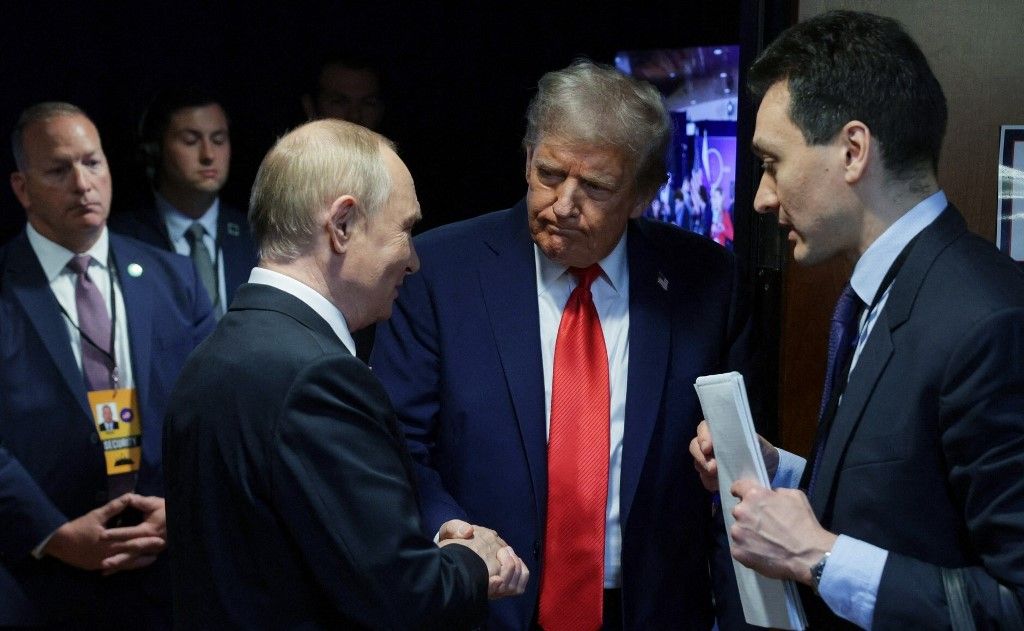
In his view, those who declare that the talks are a failure simply fail to understand the logic of diplomacy.
If we read the criticisms, the question arises: what would the critics of Trump have considered a success? Probably only if Vladimir Putin had extended both hands, handcuffed himself, and led himself into a dark cell.
“So anything short of that, in the eyes of Mr. Trump’s critics, would have been betrayal, would have been failure. That kind of perspective ignores the realities of diplomacy.”
According to the expert, the three-hour meeting could only be the first step in a long process. “A problem that has been prepared for decades, and made worse by years of war, cannot be solved in a three-hour conversation.
The mere fact that in the first two or three or five minutes — as Mr. Trump said — he did not conclude that the other side lacked the honest intention to solve the problem, is itself a positive outcome of this summit.
This opened the door to a series of further talks, and I think that is the "realistic perspective of the matter.”
In Mr. Castel’s view, Europe is not a factor in this process. “The European Union may be a political category, an economic category, but geopolitically, militarily, in terms of security policy, I do not see the European Union carrying much weight,” he said.
The expert stressed that for President Putin, it was both a risky and symbolic step to meet Donald Trump on an American military base and, at the president’s invitation, to sit inside the “Beast,” the official presidential limousine.
“The fact that President Trump invited President Putin into the Beast, the presidential limousine, to ride together, was a sign of trust. It was also telling that Mr. Putin was willing to sit beside him and did not insist on strict parity by traveling in his own car. Moreover, it showed trust that President Putin met with Mr. Trump not on neutral but on American soil — thus acknowledging Mr. Trump’s right and prerogative to lead the two warring countries toward peace or a ceasefire.”
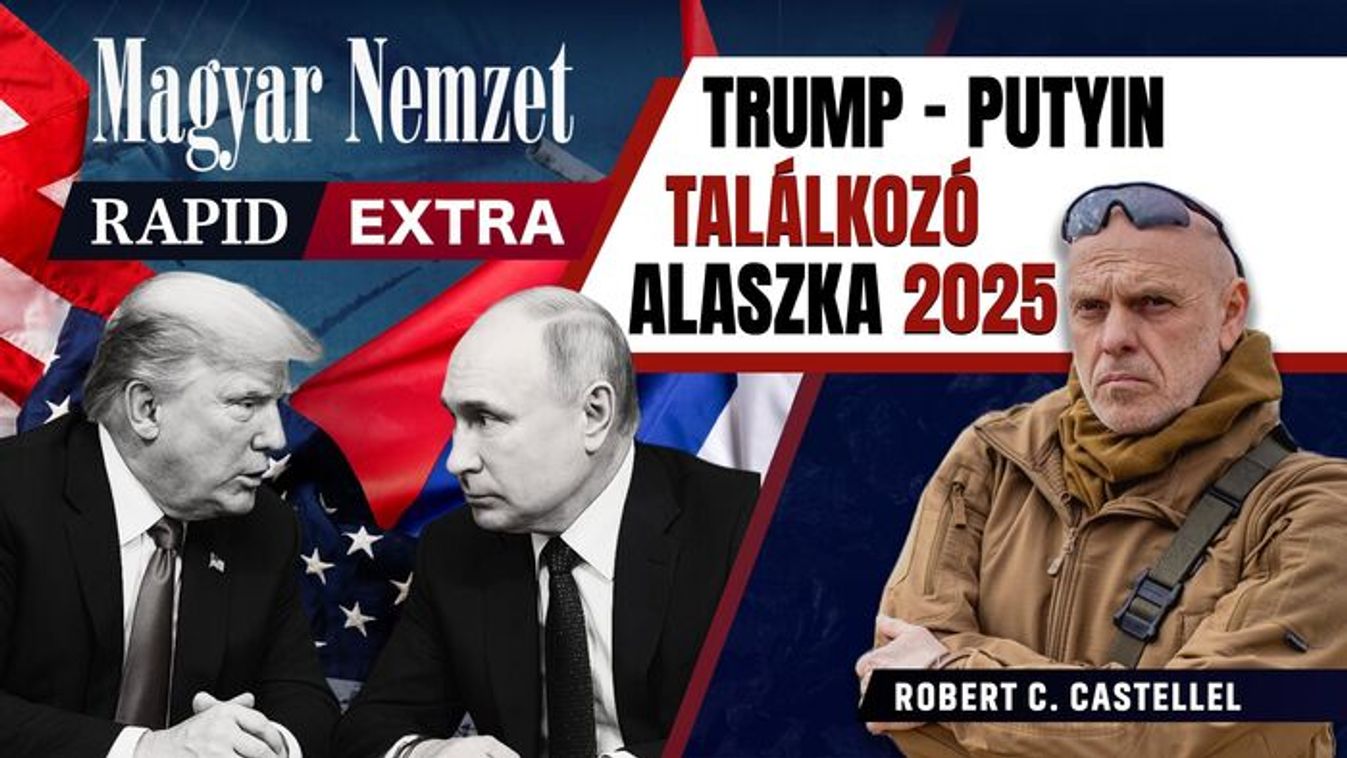
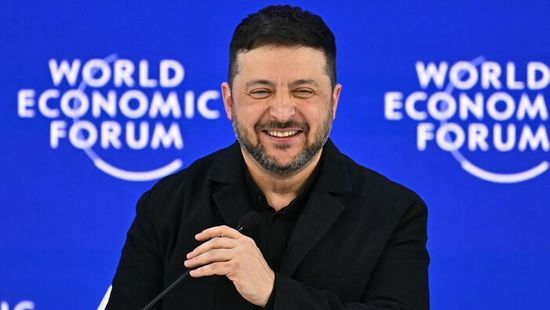
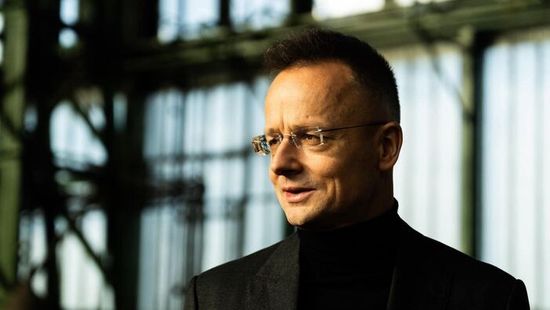
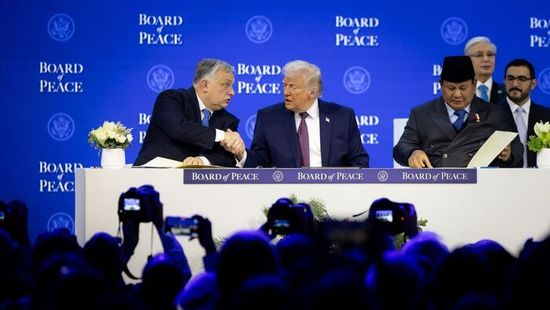
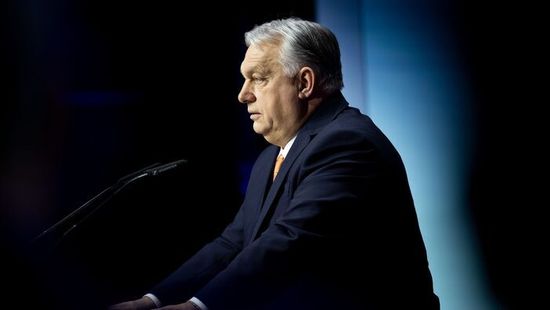

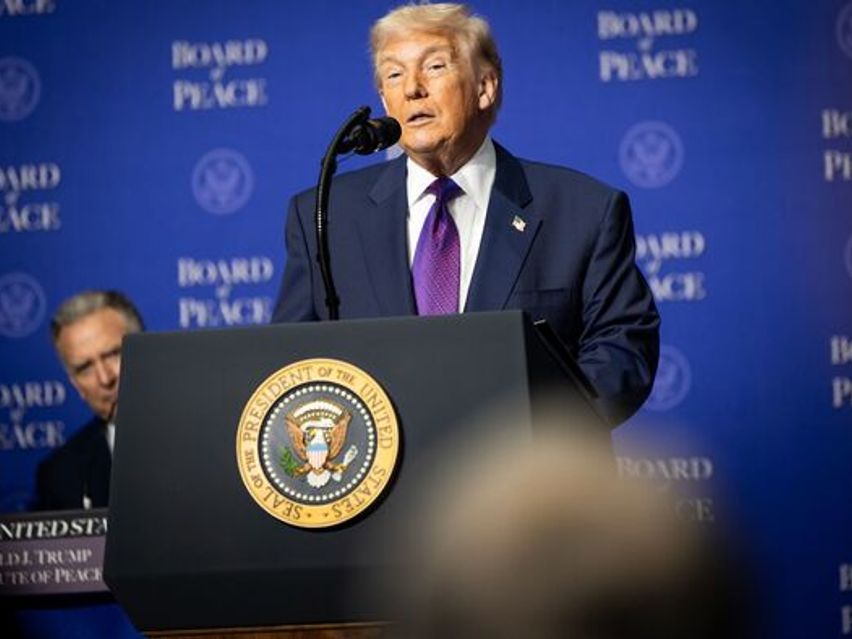

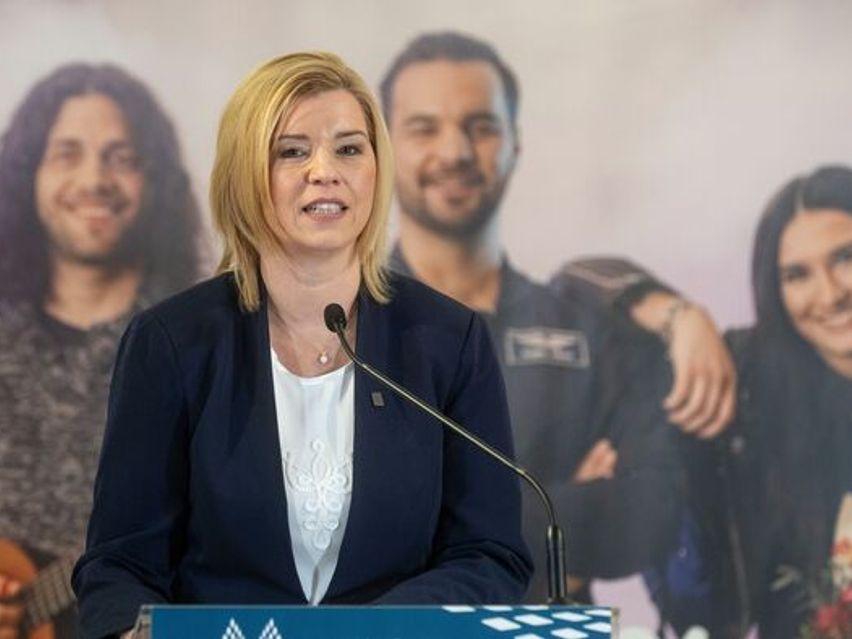


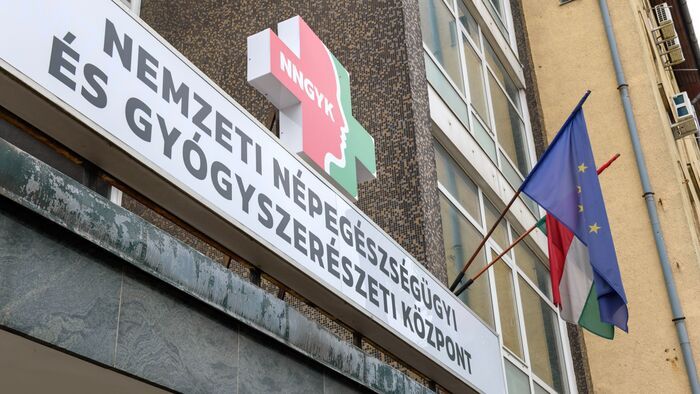

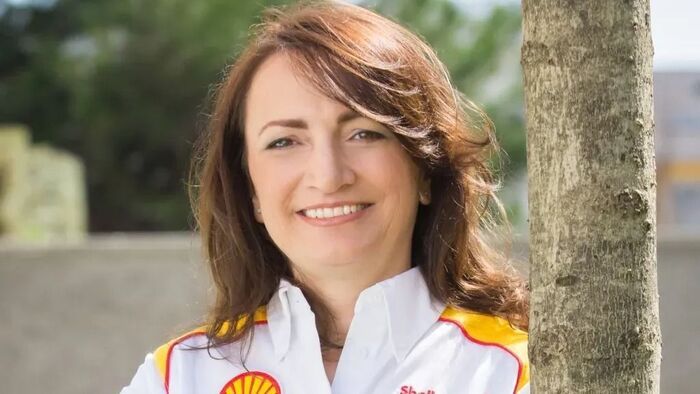

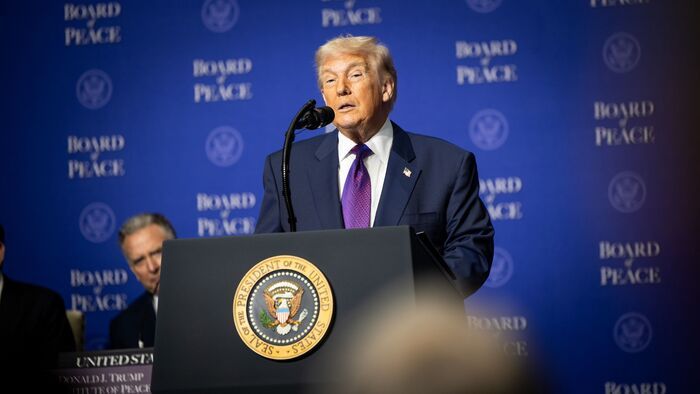
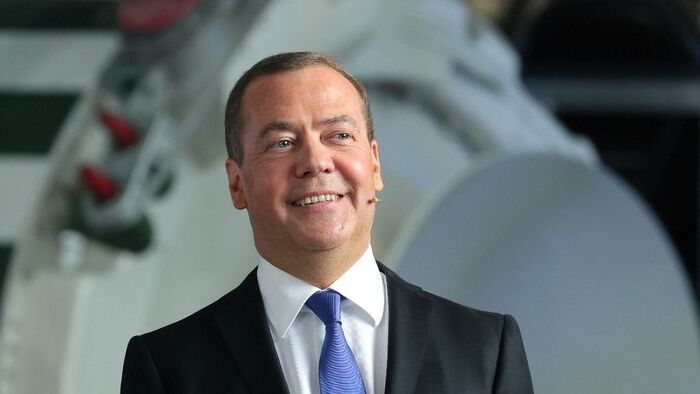
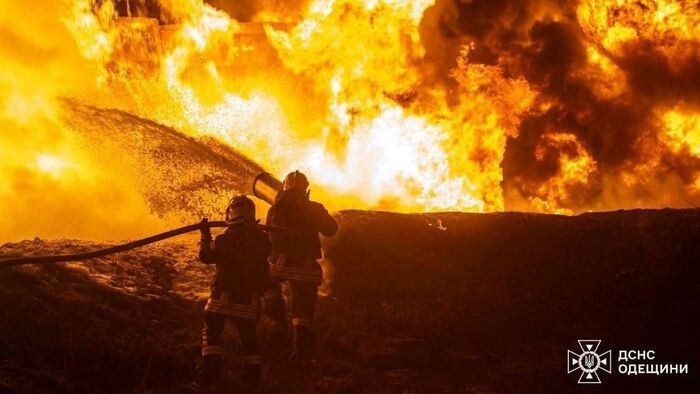

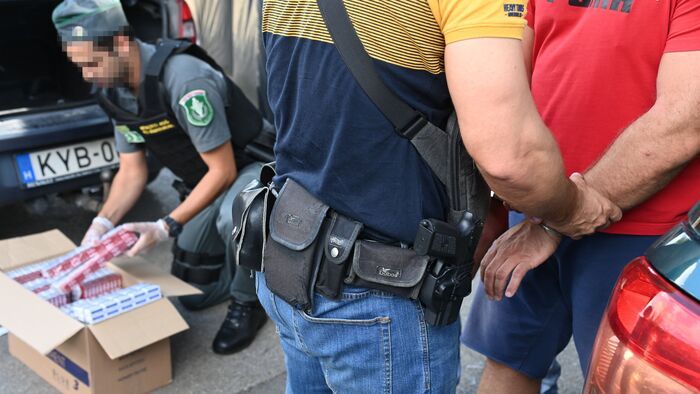



Szóljon hozzá!
Jelenleg csak a hozzászólások egy kis részét látja. Hozzászóláshoz és a további kommentek megtekintéséhez lépjen be, vagy regisztráljon!